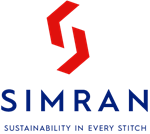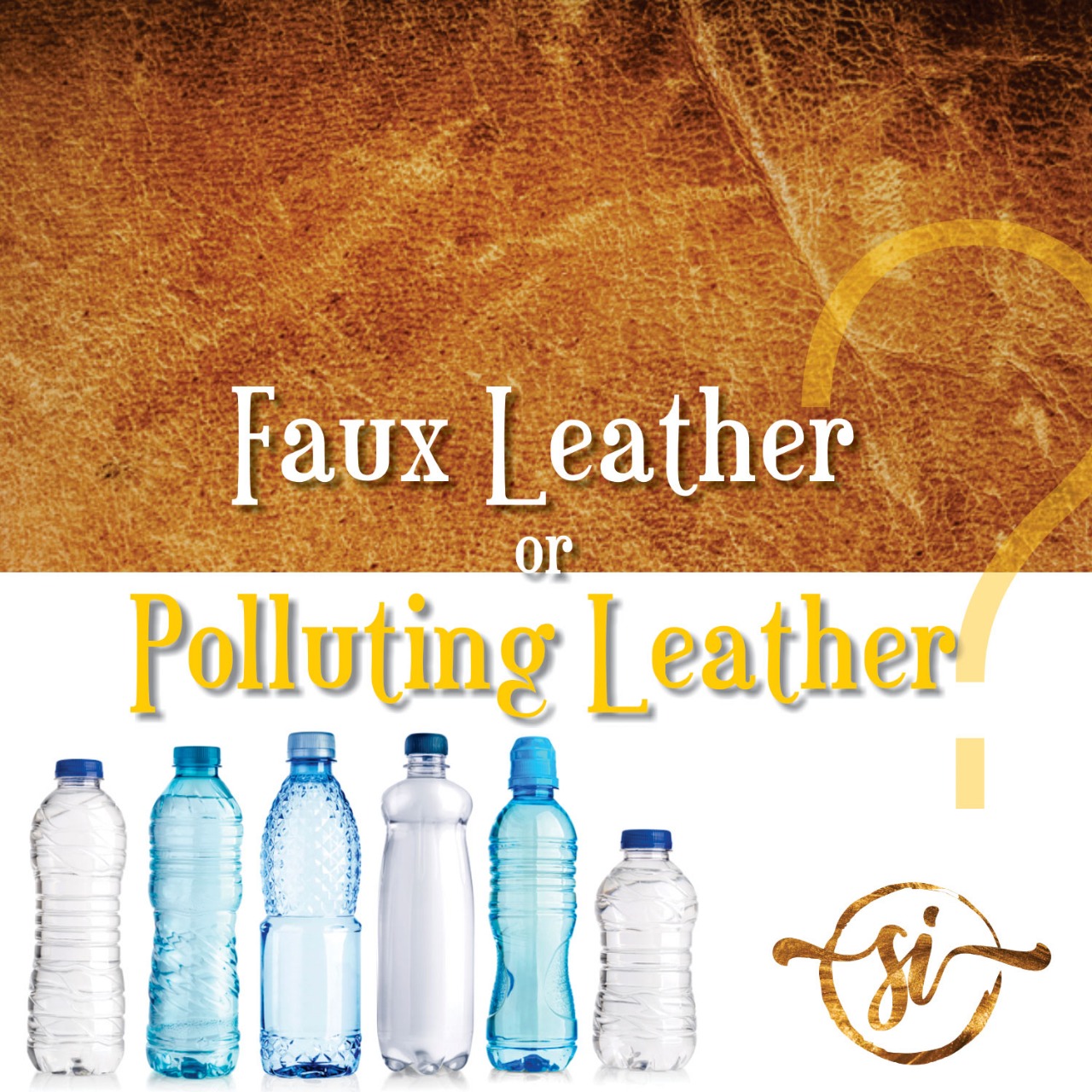Over the last few years “Vegan Leather” has become a catch phrase for faux leather, the main reason for this are the “advancements” and “production improvements” that the faux leather industry has experienced over the last few years.
But what does that really mean? All it really means at the end of the day is that a consumer doesn’t really know what they are getting or buying. Are they actually buying a product, which is safe for the environment?
Well! Hallelujah! Lets get down to brass tacks and find out exactly how ethical and environment friendly faux leather is.
Mankind has always looked at certain animal species as a food source and in doing so, was left with the skins of the animals as a by-product. This product has been, since the beginning of civilization used for clothing, tents or even shoes.
You might be interested to know that most hides used in leather production cattle or lamb that was raised for beef, meat or milk….. they don’t just die to become your coats, or shoes or bags actually not using their hides could be considered wasteful!
So there you, folks! Real leather is nothing but a by-product of the meat industry!
So unless you and everyone else on this planet become a vegan. we will have animal hides available for leather manufacturing. Vegan leather on the other hand, oxymoronic as it sounds (leather by definition is a material derived from the hide of an animal) and there is nothing “Vegan” about this leather.
It is nothing but fabric, mind you I am going to refrain from calling it “leather” of any kind from this point on, that is derived from petroleum products, a derivative of polyvinyl chloride (PVC) and Polyurethane, which is plastic. And we all know how environment-friendly plastic really, don’t we?
Environmentally speaking, vegan leather, er.. sorry.. vegan fabric being promoted as leather, is more harmful to the planet, as its essentially made of plastic, a non-biodegradable substance that will remain on the planet for a 1000 years. Whereas leather is a BY-PRODUCT of the Livestock industry, an item which is already prevailing and ready to be dumped into landfills if not properly used. If the natural hide is left unprocessed, then it can lead to an epidemic. So the ethical question here really is “are we as a human race in totality ready to become herbivores?” If not, then leather will and should exist as a by-product of the meat industry.
Companies like Simran in the leather industry are taking this by-product and converting into a consumable. Generating employment, reusing a prevailing item. Isn’t this what recycling is all about? At Simran we manufacture the leather to be environmental friendly not harming the planet at all. Also ensuring that leather is free from any chemicals harmful to the body for the consumer.
Making it fashionable. Making it biodegradable


